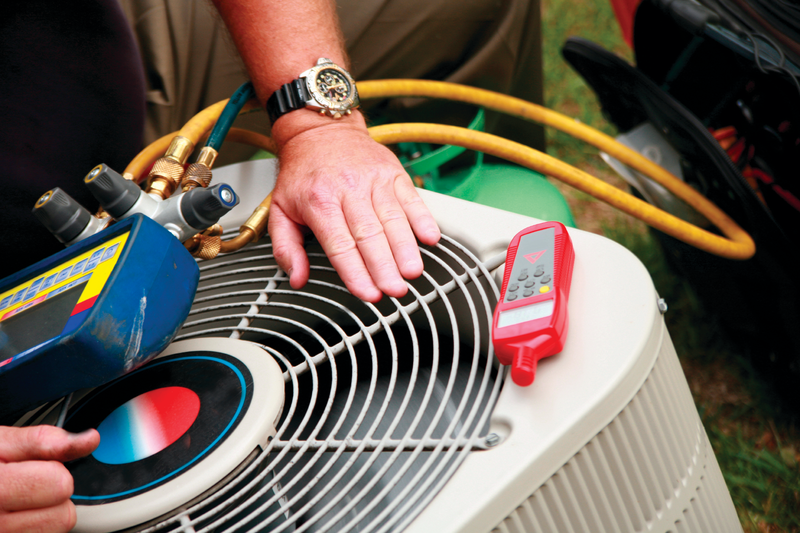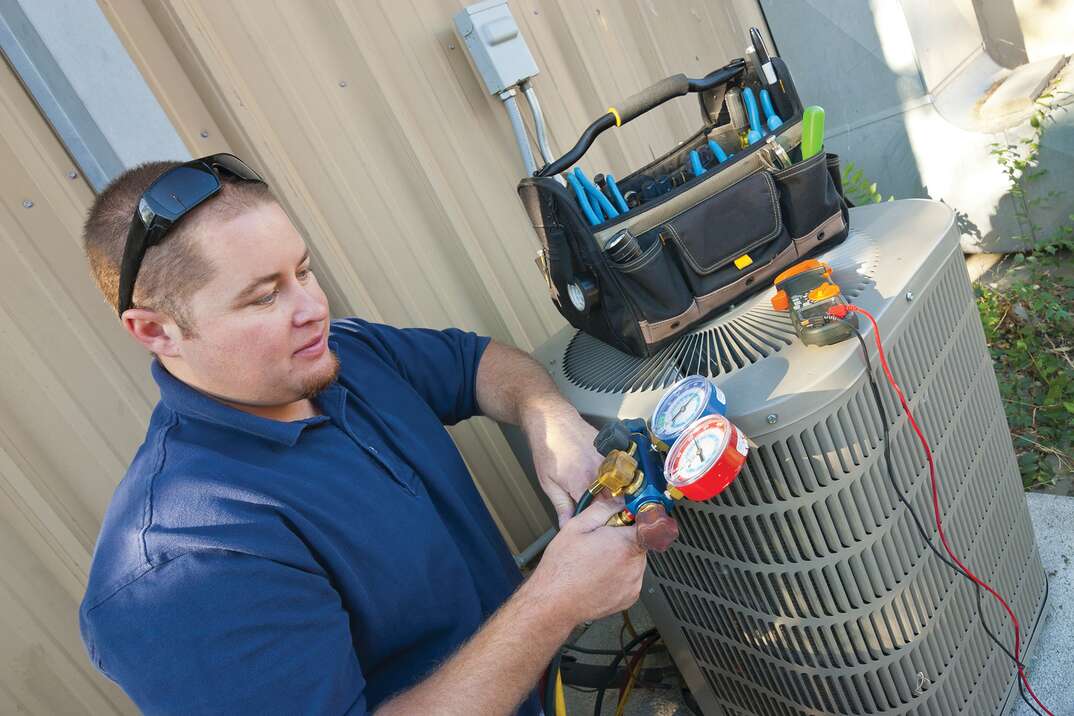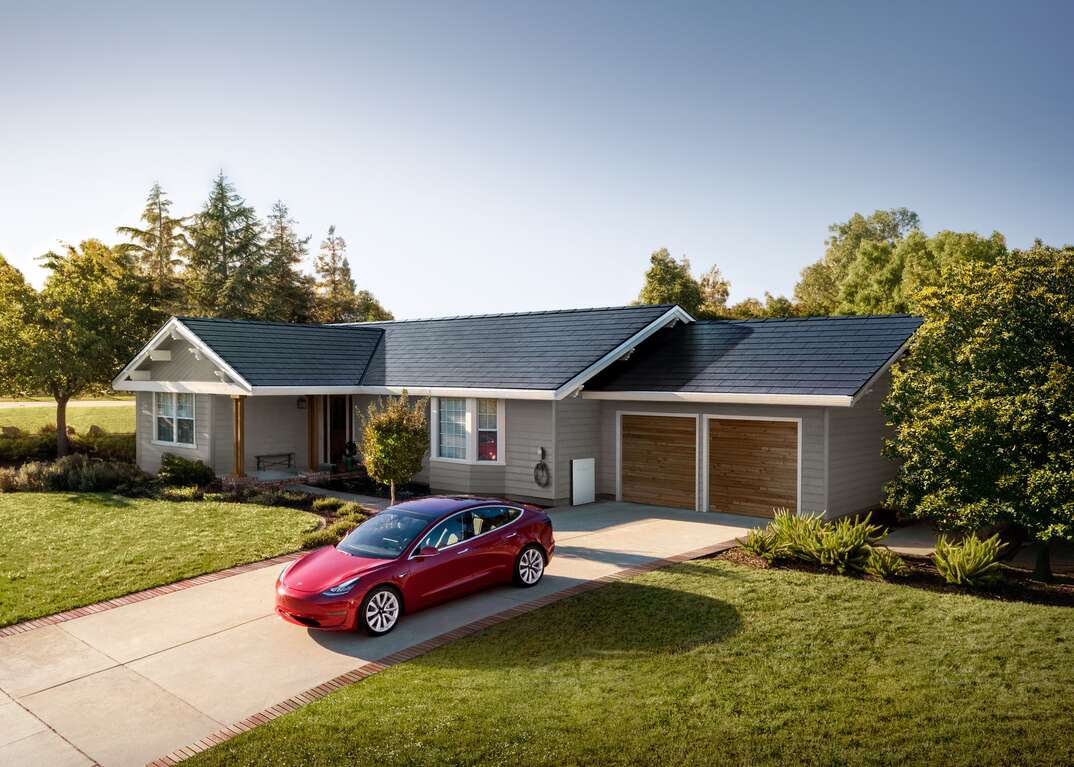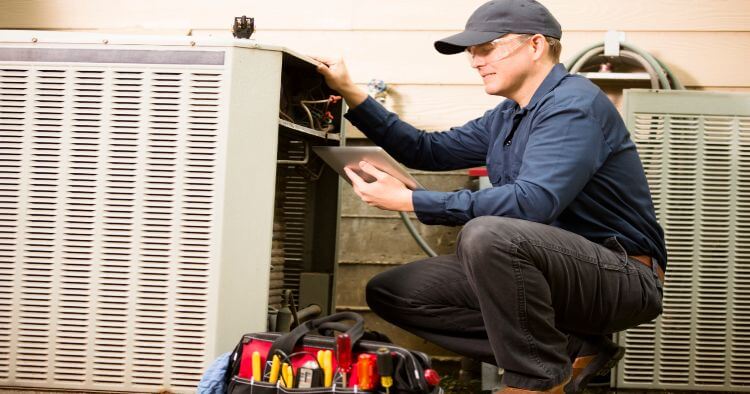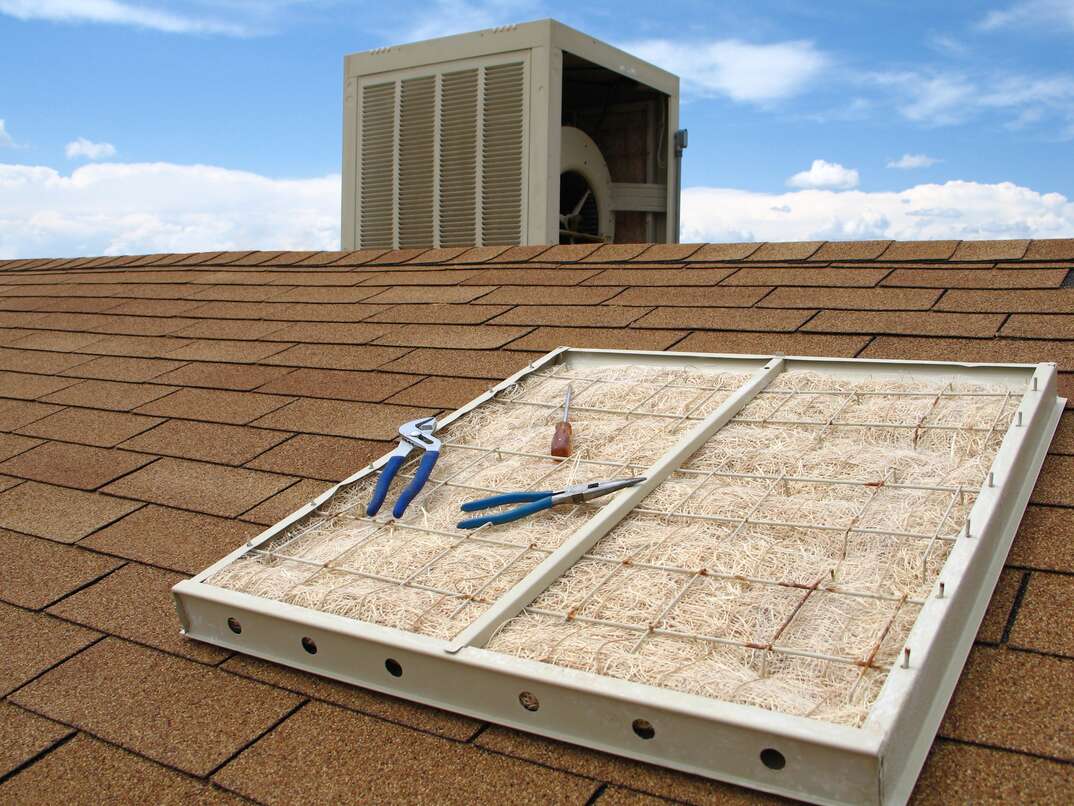Is an HVAC Tune-up Worth the Price? (Yes, Yes It Is)
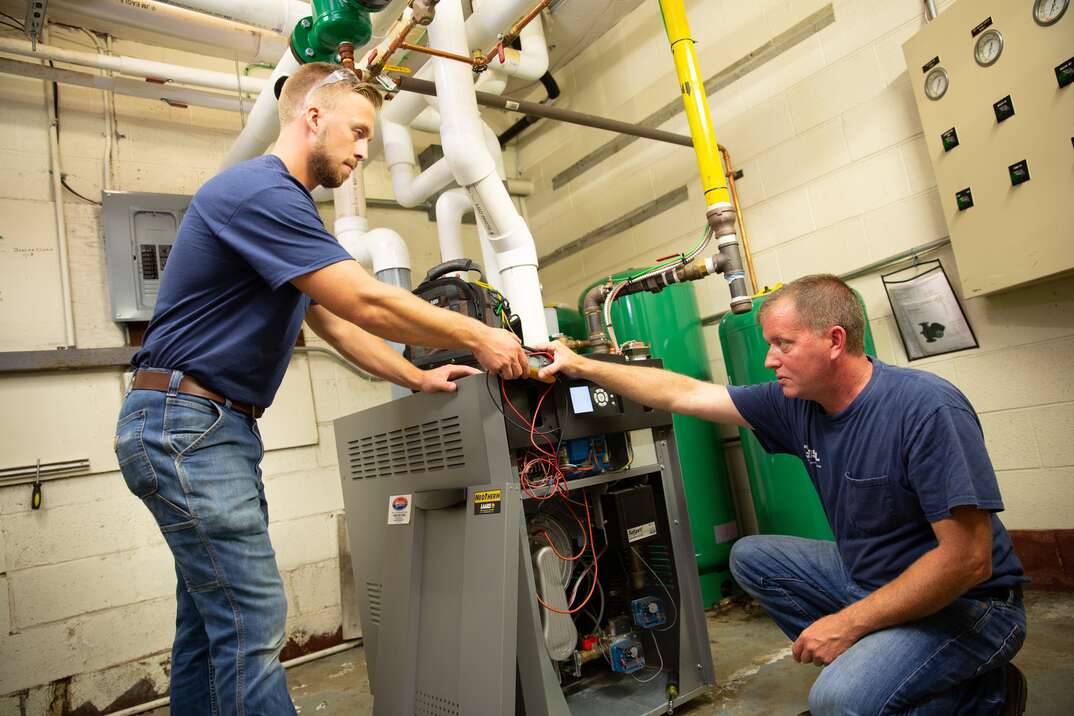
Your HVAC system works hard to keep your home cool during hot weather and warm during the winter months. Regular HVAC tune-ups can help ensure your system is able to keep up with the demands placed on it, extend its useful life and even prevent some costly repairs.
This May Also Interest You: How Much Does It Cost to Replace an HVAC System?
To learn more about HVAC tune-ups and the benefits associated, read on.
When Should I Get an HVAC Tune-up?
You should schedule HVAC tune-ups one to two times per year depending on the age of your system. If your system is five years old or older, schedule two tune-ups per year. If you have a newer system, an annual tune-up should be sufficient.
Ideally, HVAC checkups should be scheduled at the start of the spring and/or fall seasons. Spring and fall are typically when the weather begins to change, meaning your HVAC system will also shift from heating to cooling or vice versa. This is a perfect time to have an expert HVAC professional ensure that everything is in working order and your system is ready for the change.
Why Should I Get an HVAC Tune-up?
You know you should schedule HVAC maintenance, but why? With routine tune-ups, you can enjoy these benefits:
Lower Energy Costs
With regular maintenance, your HVAC system will be able to operate more efficiently. It won’t need to run as hard to heat or cool your home, cutting down on the total amount of time the system is running each day. When a system runs less, less energy is consumed. This can translate into noticeable savings on your monthly energy bills.
Prevent Expensive Future Repairs
An expert HVAC technician has a lot of training and experience with various systems. As they provide routine maintenance, they’ll also inspect your system it to identify minor problems. Addressing small repairs — such as cracked heat exchangers or blown fuses — can prevent these issues from turning into more extensive repairs in the future.
Scheduling regular tune-ups for your HVAC system can reduce the risk of suffering from an expensive breakdown by up to 95%.
Reliable Performance and Improved Comfort
Since regular maintenance can address small issues before they escalate, it can also help ensure that your system will continue operating as it should. Maintenance can help your system more evenly distribute cool or warm air throughout your home. This can regulate your home’s temperature and keep your household more comfortable throughout the year.
Increase Lifespan
HVAC systems typically last between 10 and 25 years. Keeping up with regular maintenance for your HVAC system will increase the chances that it will continue working for closer to 25 years, rather than just 10 years. Think of HVAC maintenance as equally important as seeing your doctor for regular physicals or scheduling regular oil changes for your car.
Maintain Your Warranty
If your new system is still covered by a manufacturer’s warranty, a repair claim may be denied if you can’t prove that you’ve had your system regularly maintained. HVAC checkups are essential to the proper functioning of the units, and many manufacturers include a clause in their warranty stating that it will be void if the unit is not maintained by a professional. The amount you’ll pay for a tune-up will be worth it if your unit experiences an unexpected and expensive failure while under warranty.
Improve Air Quality
Tune-ups can also limit the amount of dust, pet dander or other allergens in your home’s air. Keeping your unit well-maintained and changing the air filter regularly can help catch more of these particles.
Safety
The expert technician performing maintenance may also prevent something potentially dangerous from happening in your home. If your heat fails in frigid temperatures, for example, your pipes could freeze and burst. Also, HVAC units can sometimes leak carbon monoxide. Part of your HVAC checkup will include checking for any leaks or potential leaks.
Environmentally Friendly
Deciding to schedule regular HVAC checkups is also an environmentally friendly option. HVAC systems require less fuel and operate more efficiently when they are well-maintained. In addition to the savings on your utility bill, using less energy is better for the planet.
More Related Articles:
- HVAC Maintenance Do’s and Don’ts
- Do You Need a Zoned HVAC System?
- Should You Cover Your Home’s AC Unit in the Winter?
- Does Your Home Need a Whole-House Humidifier?
- Air Duct and Ventilation Maintenance Tips
HVAC Maintenance Checklist
In addition to having an expert technician come out to do routine HVAC checkups, there are a number of things you can do to keep your system functioning properly.
Use this checklist as a reference to help you identify the different tasks you should perform throughout the year:
- Keep the area around your outdoor HVAC unit clear. Aim to have at least two feet of space on all sides of the unit to prevent grass, furniture, leaves or other items from negatively impacting its performance.
- Inspect your outdoor HVAC system and the ground beneath it. Make sure that it is still level and the ground beneath it looks stable.
- Check for leaks in your air conditioner’s refrigerant lines once a month. Leaks are most commonly found in the condenser coils, evaporator coils and refrigerant line sets.
- Replace the air filter at least every 90 days. Choosing a high-efficiency air filter over a standard option can help improve the performance of your system. Consider signing up for an air filter subscription service so you always have a new air filter ready when you need it.
- If your HVAC system has a humidifier, turn it off in the spring or early summer. When you turn it back on the fall, put in a new filter.
- Once a year, lubricate the motor for your system and check to make sure the fan belt is running properly. An HVAC technician can do this during a tune-up.
- Use bleach to clean the AC condensation line once every year. If you schedule HVAC maintenance, your expert technician will likely take care of this.
Unexpected HVAC repairs or maintenance can be costly, but a home repair plan from HomeServe can give you some peace of mind. When a covered issue arises, you can call our 24/7 repair hotline and we’ll send out a local, licensed contractor to assist you. See what plans are available in your neighborhood.
